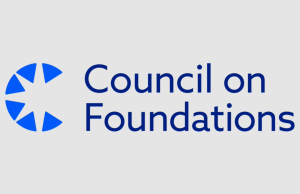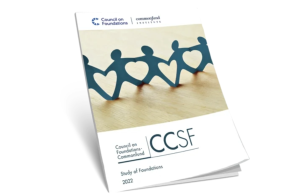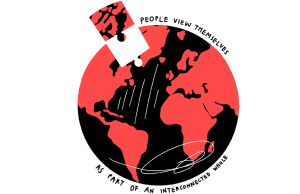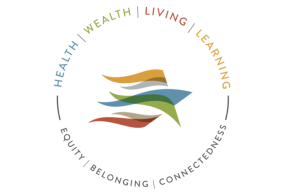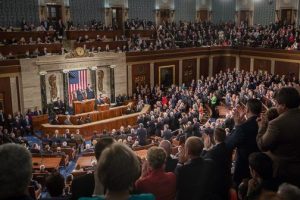The Bill & Melinda Gates Foundation announced the addition of four new board members, with potential future expansion to nine members, in its latest annual letter, the first from the foundation’s new chief executive officer.
Clocking at more than 3,000 words, the annual letter touches on a variety of topics, including efforts to fight the coronavirus pandemic and expanding efforts to get resources to underserved populations around the globe. The foundation’s 13th annual letter is the first by Mark Suzman, who began in February 2020 as CEO of the Bill & Melinda Gates Foundation, headquartered in Seattle. Previous iterations have been penned by co-founders Bill Gates and Melinda French Gates.
A former journalist at the Financial Times, Suzman helped launch the Millennium Development Goals (MDGs) during his seven years at the United Nations before joining the Gates Foundation 15 years ago to lead policy and advocacy for its then-new global development division. He earned $1.176 million in compensation, according to its Form 990 for the fiscal year ending 2020, which runs 1,245 pages.
The foundation last year paid out $6.7 billion, which does not include hundreds of millions more in guarantees, forgivable loans and other financing from its Strategic Investment Fund, according to Suzman. Each year for the past decade, the foundation’s payout has grown, he said, with more than $60 billion in grants since its founding 21 years ago.
Suzman is among the four new members of the foundation’s board after the divorce of Bill Gates and Melinda French Gates. The other three are Minouche Shafik, director of the London School of Economics and former deputy governor of the Bank of England; Tom Tierney, co-founder of The Bridgespan Group, which has advised MacKenzie Scott on her billions in donations; and Strive Masiyiwa, founder and executive chairman of Econet Global.
The board could include up to nine total members, Suzman wrote, and they are in “active conversations about adding to our initial slate to enhance representation across gender, geography, and expertise.”
The new board members are in response to the death of Bill Gates, Sr., in late 2020, who was a former honorary co-chairman, and Warren Buffett’s decision last year to step down after 15 years on the board. Suzman said it also represents “an explicit recognition” by the Gateses that the foundation be well served by the addition of “strong, independent voices to help shape our governance.”
The foundation has an endowment of more than $50 billion and the Gateses made a commitment of $15 billion last year. “We are uniquely positioned to maintain a major role in the field of philanthropy for decades to come,” Suzman said.
“The scale of our giving must be matched by a deep sense of responsibility in how we distribute it, making sure those resources are stewarded and deployed as effectively as possible,” he said. “That means staying focused on what matters – not the money out the door but the impact, which we measure in lives saved and opportunities provided for the poorest and most marginalized to achieve their full potential.”
The scale of the foundation’s giving also requires “a clear and unambiguous commitment” to diversity, equity and inclusion (DEI), Suzman wrote. The foundation adopted a public DEI commitment statement following a two-year review of its work in this area, including surveys of employees, alumni and partners.
“Even as we steadily increase investments in low- and middle-income countries via universities, companies and research networks, the fact remains that a significant proportion of global technical expertise and capacity remains in the Global North, and thus, so does much of our grantmaking,” Suzman said. “However, we are fully committed to getting smarter and more systematic about making sure that resources intended to benefit lower-income countries work to strengthen regional and domestic capacity to drive and sustain that impact.”





